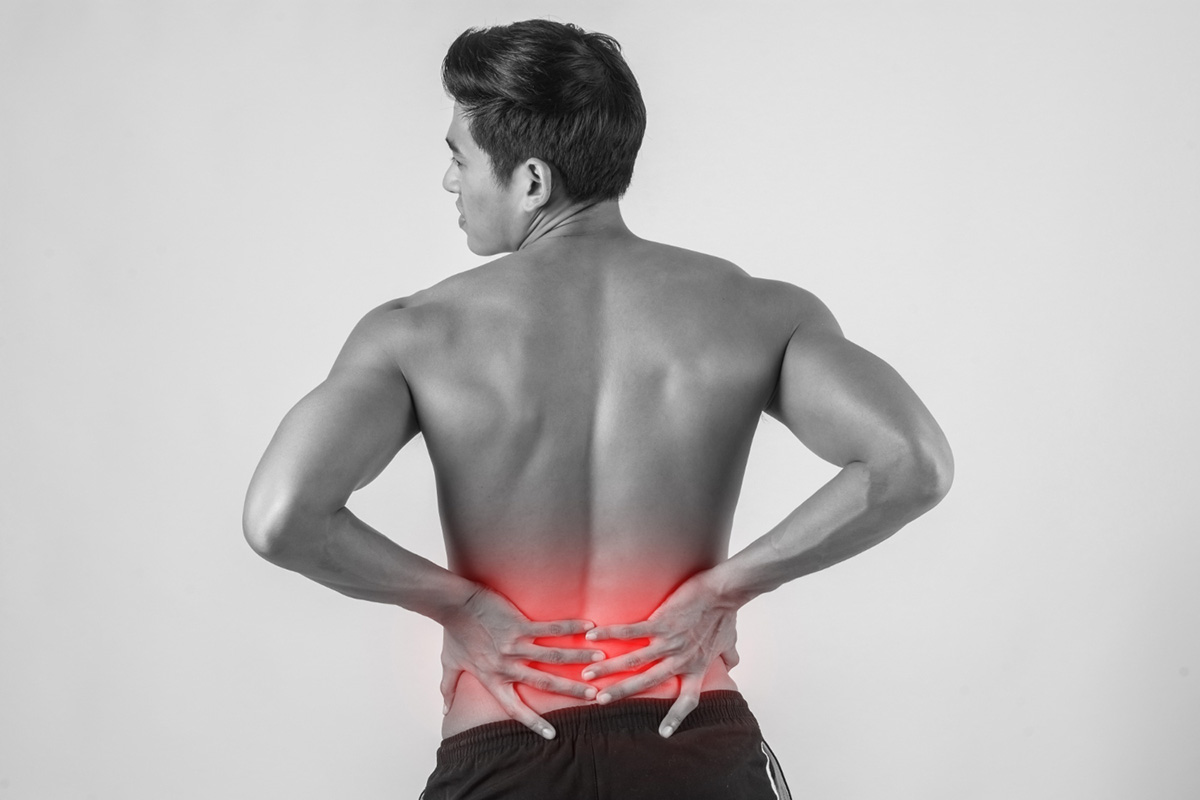Understanding Herniated Discs

The human body is a complex system that is prone to injuries and discomforts that can affect our daily lives. Herniated discs are a common health problem that affects people of all ages and professions. In simple terms, a herniated disc occurs when the soft cushioning disc between the spinal vertebrae slips out of place, leading to pressure on nerves and subsequent pain. This condition can affect anyone, regardless of age, gender, or profession. If you're struggling with the discomforts of herniated discs, you’re in luck - we’re going to explore everything you need to know about this condition in this post.
What Causes Herniated Discs?
Herniated discs may be caused by many factors, some of which include age, wear and tear, sudden accidents, excessive lifting, or poor posture. Aging is one of the most common factors that contribute to herniated discs. As we age, the water content of our spinal discs decreases, causing them to become less flexible, less elastic, and more prone to rupture or tear.
Symptoms
The symptoms of a herniated disc can vary depending on the location of the injury. Some common symptoms include weakness, numbness, tingling, and pain that may radiate from the back to the legs. The severity of pain may range from mild to acute, with some patients reporting intense pain, especially when physical activity is involved. Limited mobility can also occur as a result of the pain and weakness in surrounding muscles.
Diagnosis and Treatment
It's important to diagnose herniated discs early to avoid further damage to the spine. A physical examination, coupled with MRI imaging, is commonly used to diagnose herniated discs. Fortunately, many cases of herniated discs can be treated without surgery. Typically, a combination of rest, medication, physical therapy, and lifestyle changes can help reduce pain and inflammation. In severe cases, surgery may be required.
Prevention Tips
Preventing herniated discs can be achieved by maintaining good posture, exercising regularly, and avoiding sudden movements or twisting the back. Weight management can also be helpful in reducing the weight burden on the spine.
Conclusion
In summary, herniated discs can be challenging to deal with, but with the right treatment and management, they can be managed effectively. By understanding the causes, signs, diagnosis, and treatment options as well as prevention tips for herniated discs, you can take a more proactive role in managing these health challenges, and experience the best quality of life possible. For physical therapy needs, B Physical Therapy offers customized physical therapy services to residents of Oviedo, Florida. If you’re looking for Physical therapist in Oviedo, FL and is experiencing back pain or any other musculoskeletal concerns, we encourage you to contact us today to schedule your consultation.